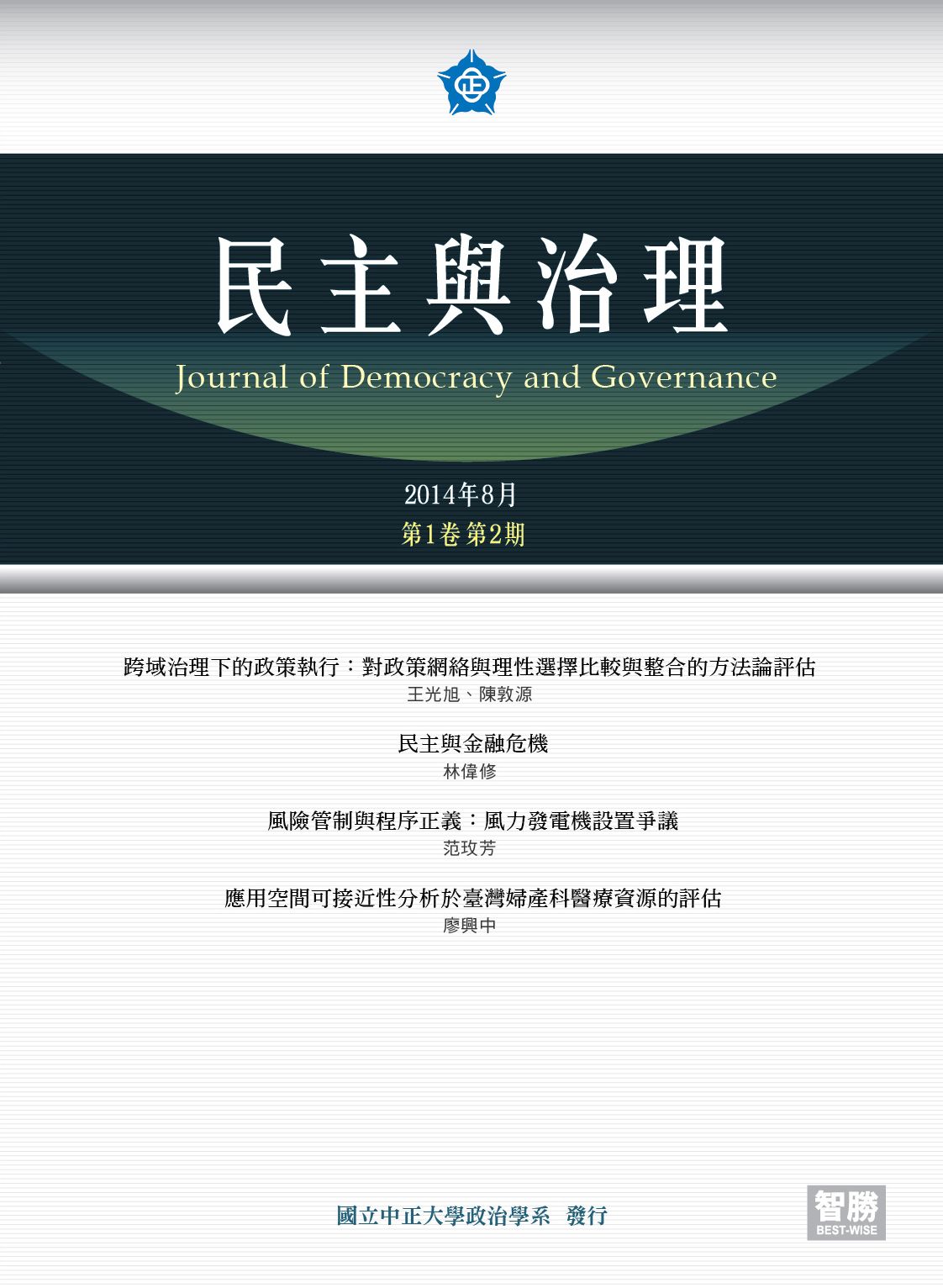Hot News
| 中文篇名 |
民主與金融危機 免費試閱 | |
|---|---|---|
| 英文篇名 |
Democracy and Financial Crises | |
| 作者 | ||
| 中文摘要 |
金融危機的研究普遍認為,民主制度有助於避免金融危機,然而,實證結果顯示這個結果並非放諸四海皆準。本研究目的並非指出民主國家在避免金融危機的表現上是好還是壞,因民主制度既不是避免金融危機的堡壘,也不是被咒詛的高風險制度。本研究目的在說明,民主制度對金融危機發生率的影響是條件式的。當經濟狀況樂觀時,民主制度的影響是正面的,因為在這種狀況下,民主國家能運用其在經濟管理的優勢,降低危機的風險;反之,在經濟狀況不好時,民主國家將會曝露其缺點,包括短視的政策、僵化的決策程序和黨派政治的限制,這些缺點使得民主國家對於經濟上的挑戰更顯脆弱,進而增加其危機風險。 | |
| 英文摘要 |
A widespread perspective is that democratic institutions are more successful in avoiding financial crises; however, empirical works show that it is not always true. The aim of this paper is not to indicate that democratic countries have better or worse performs in avoiding financial crises. Democracy is neither a safeguard nor a curse to financial crises. Instead, what I attempt to emphasize is that democratic effects on the probability of financial crises are conditional. Democratic effects are positive when economic forecasts are optimistic. Under this situation, democratic countries are able to demonstrate their strength and advantages in economic managements and reduce the risks in crises. In the contrast, democratic countries will expose their weaknesses in a bad economic environment, such as short sight policy, inflexible policy-making process, and partisan politics constraints. These weaknesses make democratic countries more vulnerable to economic challenges and increase the risk. | |
| 關鍵詞 |
民主制度、民主紅利、金融危機、democratic institutions、democratic advantages、financial crises | |
| 刊名 | ||
| 期數 | ||
| 起訖頁 |
035-058 | |
| 出版單位 |
國立中正大學政治學系 | |
| DOI | ||
| QRCode |
| |
| 上一篇 | ||
| 下一篇 |



